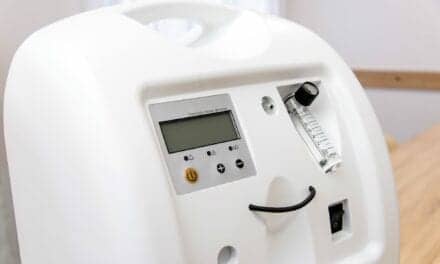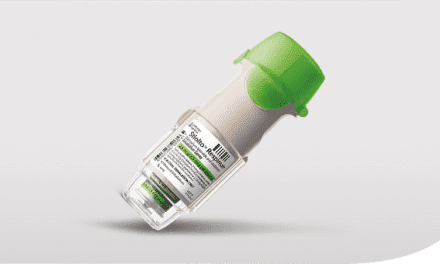Among patients with COPD, targeted lung denervation in addition to optimal pharmacotherapy, as compared with pharmacotherapy alone, was associated with fewer respiratory events including exacerbations, according to data from the AIRFLOW-2 study.
In this prospective, multicenter, double-blind, randomized, sham-controlled trial, 82 patients aged 40 to 75 years with moderate to severe symptomatic COPD were randomly assigned sham procedure or targeted lung denervation (Nuvaira Inc.) and followed for 12.5 months.
After a washout period, all patients were administered inhaled tiotropium 18 g per day and could continue treatment with long-acting beta agonists, short-acting muscarinic antagonists, short-acting beta agonists and inhaled corticosteroids. They were required to continue LAMA and other maintenance medications through 6 months and encouraged to continue treatment through 12 months.
Between 3 and 6.5 months after treatment, the rate of respiratory adverse events was lower in the targeted lung denervation group vs. the sham procedure group (32% vs. 71%; P = .0008). However, there was no significant difference in the rate of respiratory adverse events during the entire 12.5-month follow-up period (83% vs. 90%; P = .52).
Get the full story at healio.com.










